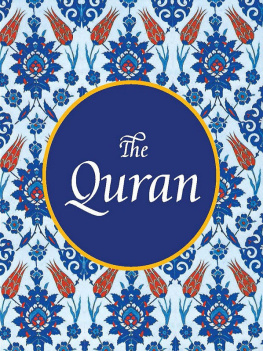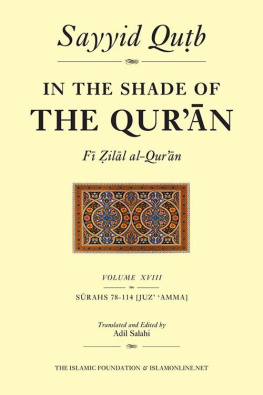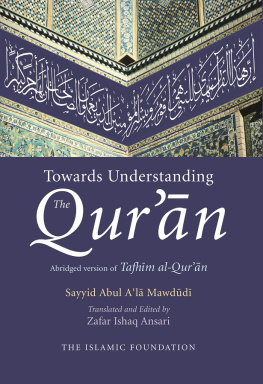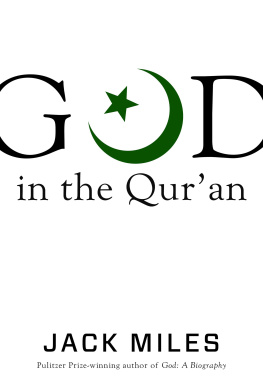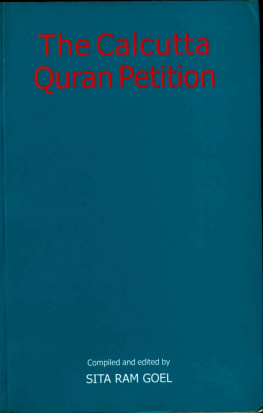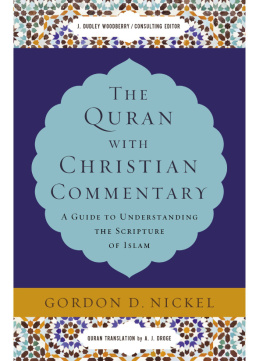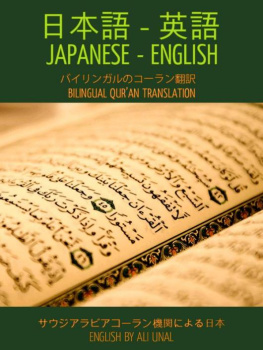

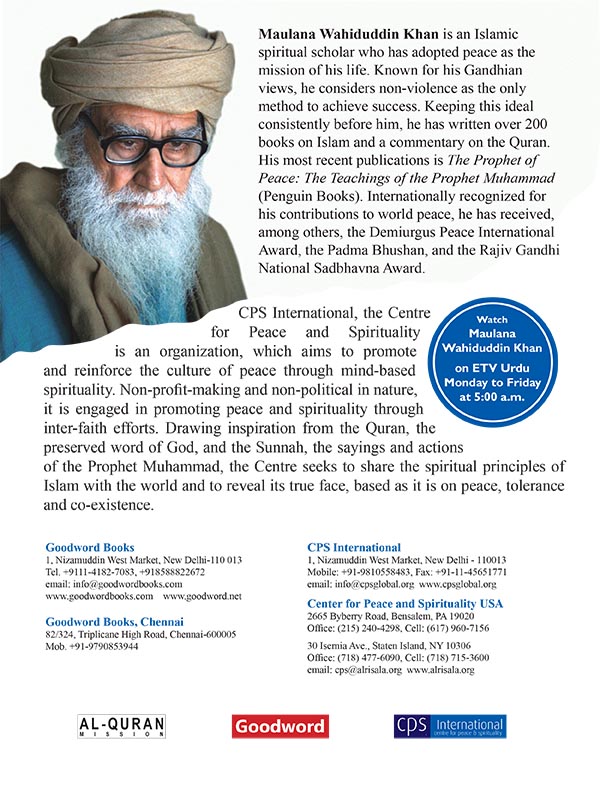
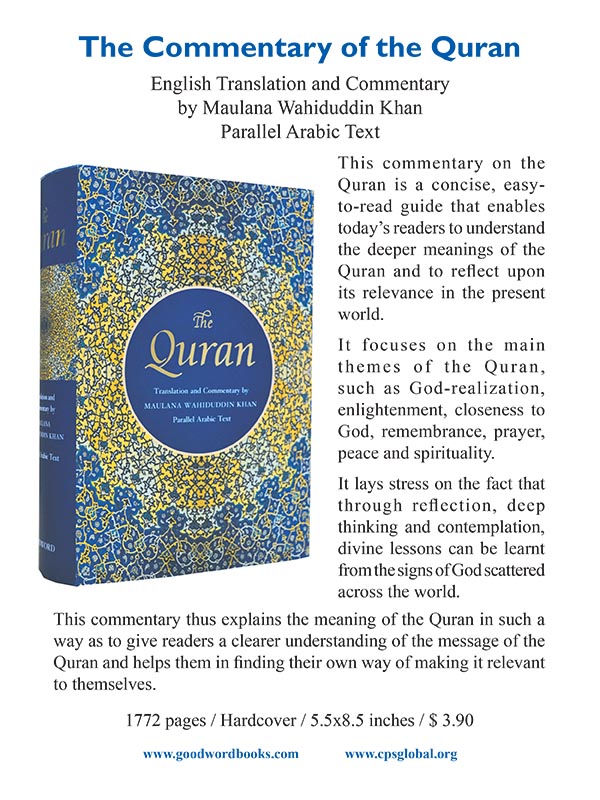

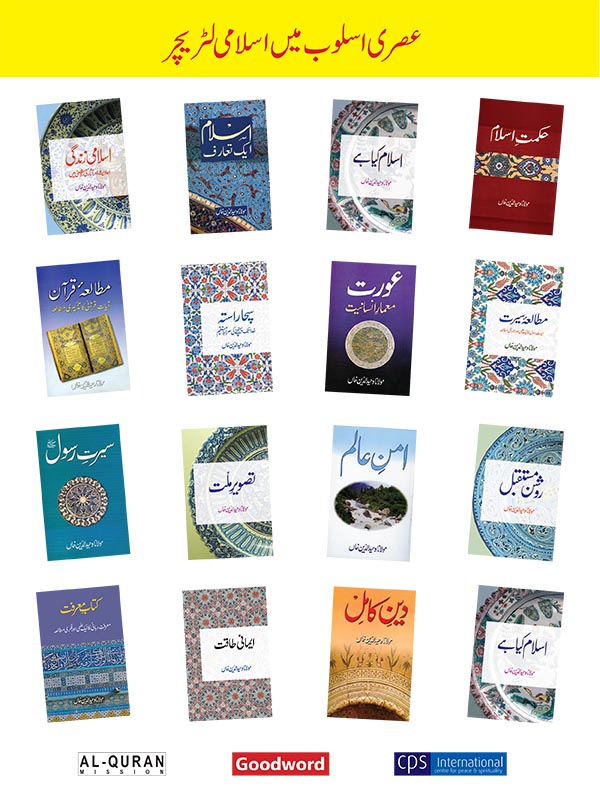
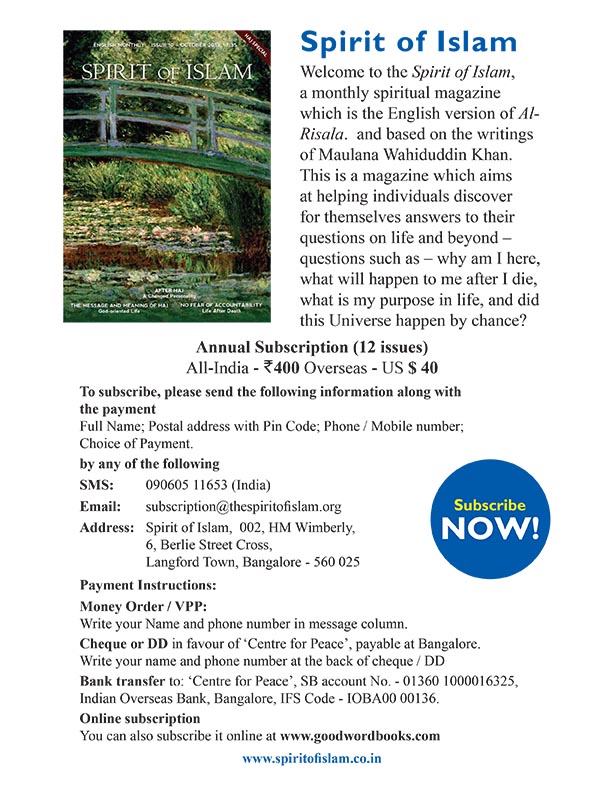
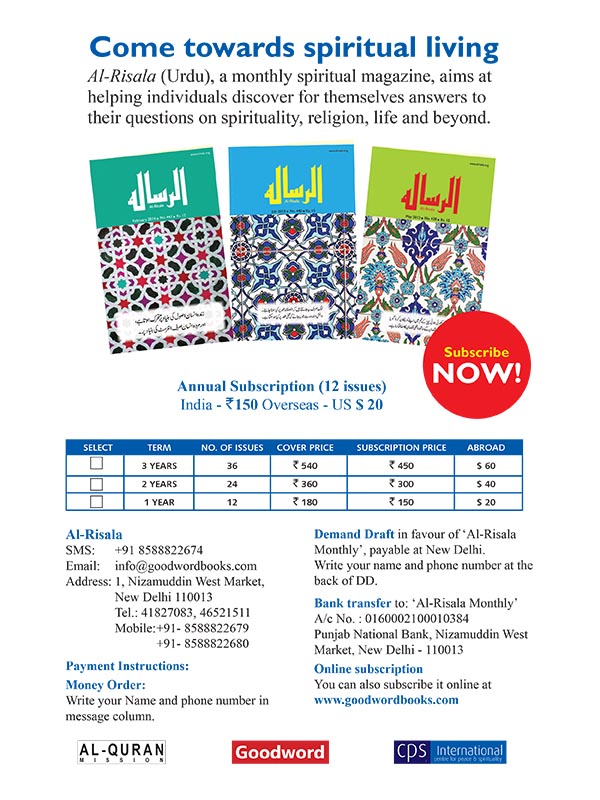



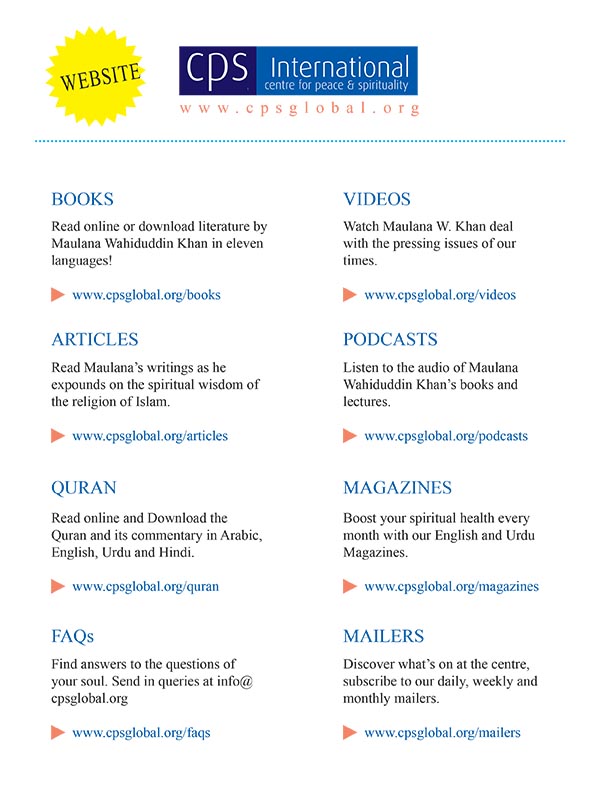

Appendix
THE CALL OF THE QURAN
Moral Concept of Islam
Ethics is the subject matter common to both religion and philosophy, yet it is approached by them in basically different ways. Religion presents moral principles as divine dictates while philosophy simultaneously looks into both 'what' and 'why.' The latter preoccupies itself with questions like why it is that what is morally true is after all true.
This difference of approach has created a considerable gap between the two disciplines. In religion, ethics is defined as a known and indisputably established set of moral principles. Being a divine dictate, it is quite exact in form and content. On the contrary, right from the early Greeks of pre-Christian times down to the modern western thinkers of the twentieth century, no philosopher has been able to formulate precise ethical criteria of human action. Every distinguished philosopher has established his own school of thought, but has failed to give to the world a commonly accepted moral code.
Our point of view is that human limitations are a permanent obstacle to our finding an answer to the question 'why.' Therefore, we have chosen a practical solution rather than depend upon the uncertain outcome of philosophical dialogue. Here, our stress will be on explaining in plain terms the basic concept of ethics as presented by Islam.
Cosmic Approach
The Quran says that God created seven tiers of the sky, and that no imperfection will ever be detected in God's creation ()
God created a great universe humming with a multitude of activities going on in a disciplined and orderly fashion with no irregularities. The performance of each and every part of it is par excellence.
Divine Ethics
Nature is controlled by God, while in human life the course of action is determined by man's own intention. If man has been exempted from following the same system as has been decreed by God for the rest of the universe, it is because God has placed him on trial in this world. God has given man such freedom to prove whether he has the will and capacity to remain on the straight and narrow path. That is why the Prophet took care to urge his fellow men to "follow divine morals."
The Islamic ethic is based on the concept of morality being a universal reality. God has determined similar standards of conduct both for man and for the rest of the universe, and nature in its entirety serves as a model for human conduct. What Miguel de Cervantes has said about a good painter is also true of a good man. He says:
Good painters immitate nature, bad ones omit it.
The part of nature distinct from man is obliged by divine decree to abide by - in scientific language - the law of nature. The existence of this law is confirmed by the Quran when it speaks of the earth and the sky being subject to divine dictates. The Quran further makes it obligatory for man to follow these same dictates. There is, indeed, a single divine law to be observed by men and nature alike. Where man has to do this of his own free will and by his own intention, nature does so out of compulsion.
The same principle of Islamic conduct is professed in the third chapter of the Quran:
Do they seek for other than the religion of God, while all creatures in the heavens and on earth have, willing or unwilling, bowed to His Will? ()
This verse clearly indicates that God wishes to see human life resting on the same principles that He has laid down for the rest of nature. Human life too should reflect the same obedience to rules that nature manifests for our benefit time and time again.
Unity and Organisation
It is set forth in the Quran that there is a path for man determined by God. So all men should follow the same divine path. The same rule is applied in the Quran to the honey bee. God commanded the honey bee to follow the divine path and the way honey bee works demonstrates that it remains on that divinely determined path. Such behaviour should be imitated by man, for the life style of the honey bee is an ideal example of social organisation. The process of preparing honey involves the participation of thousands of honey bees, who work in close co-ordination with their fellow bees, each bee performing its tasks in a highly disciplined and organised manner. The cooperative spirit, self-discipline and organisation being prerequisites for the smooth running of all social structures, human beings should pattern their social living along exactly the same lines, albeit in accordance with different sets of circumstances. The Quran describes this concerted and organised activity as divinely approved action.
No Interference
The Quran says:
The sun is not allowed to overtake the moon, nor does the night outpace the day. Each in its own orbit runs ().
This verse points to a divine law prevailing on the planets and in space. It enjoins every heavenly body to move in its respective orbit and not to encroach upon the orbit of another heavenly body. It is, in a way, a physical allegory of a divinely approved social principle. By using the analogy of the stars and the heavenly bodies, God demonstrates the law that He wishes to see incorporated in human life with conscious effort.
This suggests that every human being has to function in his own particular sphere without trespassing upon the domain of any other individual.
This Quranic law is illustrated by an incident which took place in a western country, shortly after it had won freedom. One of its citizens carne out on to the street, vigorously flapping his arms. In his excitement he hit the nose of a passerby. The latter asked the freedom-lover why he had hit him on the nose. He retorted by saying that his country was now free and that, in consequence, he was free to do whatever he wanted. The passerby politely remarked, "Your freedom ends where my nose begins."
Every individual in this world has freedom of action. Yet this freedom is not limitless. People are bound to act within the confines of their own spheres and to enjoy their freedom without disturbing the peace and freedom of others. This is basic to proper conduct as laid down in the Quran. God's confinement of the movement of different heavenly bodies to their respective orbits provides a paradigm on which to base the human code of conduct.
Next page
